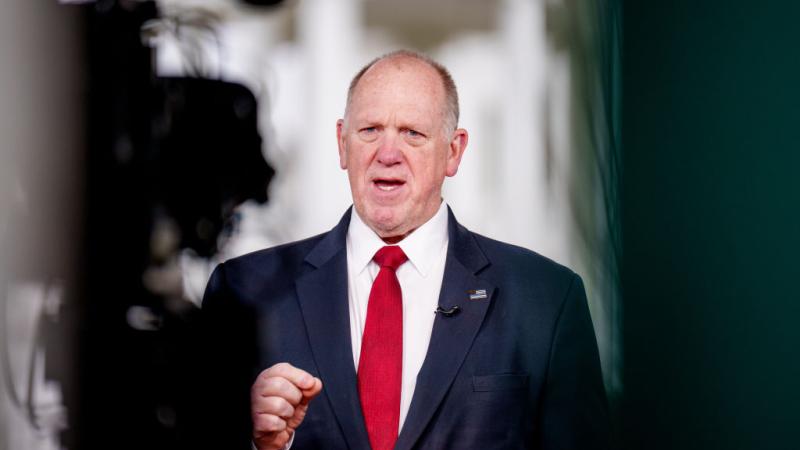California illegal immigrants eligible for taxpayer-funded gender reassignment
Medi-Cal already faces shortages of doctors and healthcare workers due to low reimbursement rates relative to private insurance and a coming $25 minimum wage for healthcare workers.
California’s expansion of taxpayer-funded healthcare eligibility to nearly all illegal immigrants also includes access to gender reassignment surgery. While California already did offer taxpayer-funded healthcare to all minors and seniors regardless of immigration status, this change is expected to add approximately 700,000 new beneficiaries to Medi-Cal, the state’s Medicaid system for low-income Californians, at an estimated annual cost of $4 billion or more.
The 15.1 million Californians enrolled in Medi-Cal already have access to procedures and drugs “that bring primary and secondary gender characteristics into conformity with the individual’s identified gender, including ancillary services, such as hair removal, incident to those services,” as first reported on by the Daily Caller Foundation.
This program expansion works out to an average of approximately $5,700 to be spent on each newly eligible illegal immigrant. Medi-Cal already faces shortages of doctors and healthcare workers due to low reimbursement rates relative to private insurance and a coming $25 minimum wage for healthcare workers.
Amid national outrage over the program’s expansion to nearly all illegal immigrants, one California lawmaker proposed revoking “revoke all taxpayer funding for health care for illegal immigrants in the California State Budget.” The Public Policy Institute of California estimates there are 2.3 million illegal immigrants in California. Assuming the state spends $5,700 on healthcare on each illegal immigrant, the state could save over $13 billion through this measure.
The state faces a $68 billion deficit for the 2024-2025 fiscal year due to an anticipated $58 billion reduction in revenues amid an economic slowdown in the state. The nonpartisan Legislative Analyst’s office says the state triggered a widely-accepted recession indicator in March 2023 as a result of higher interest rates nationwide and lower investment in the state.














